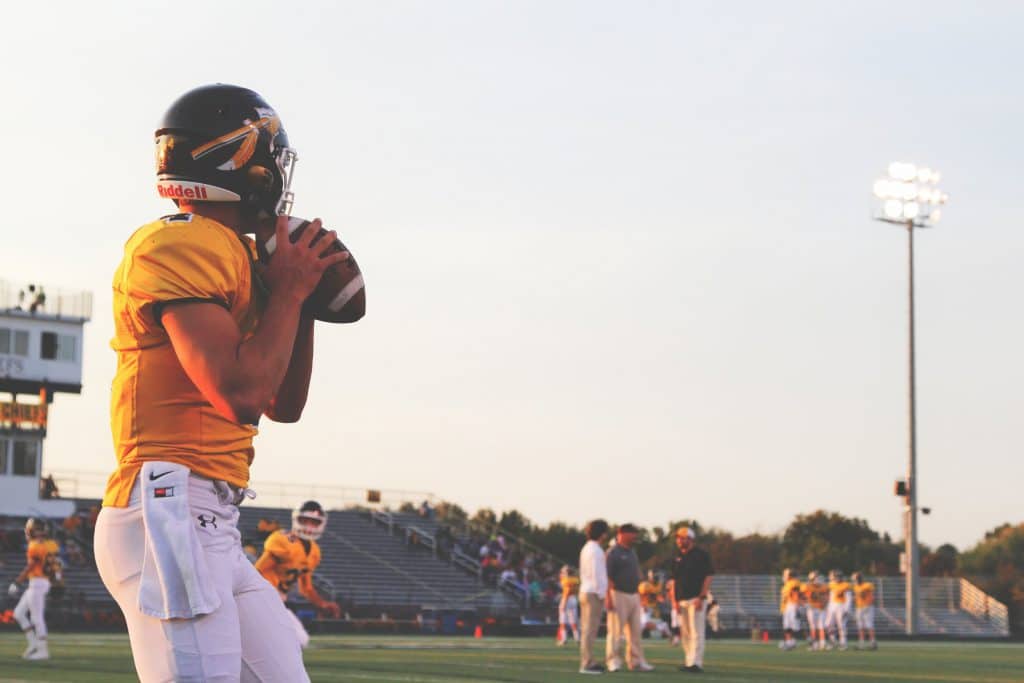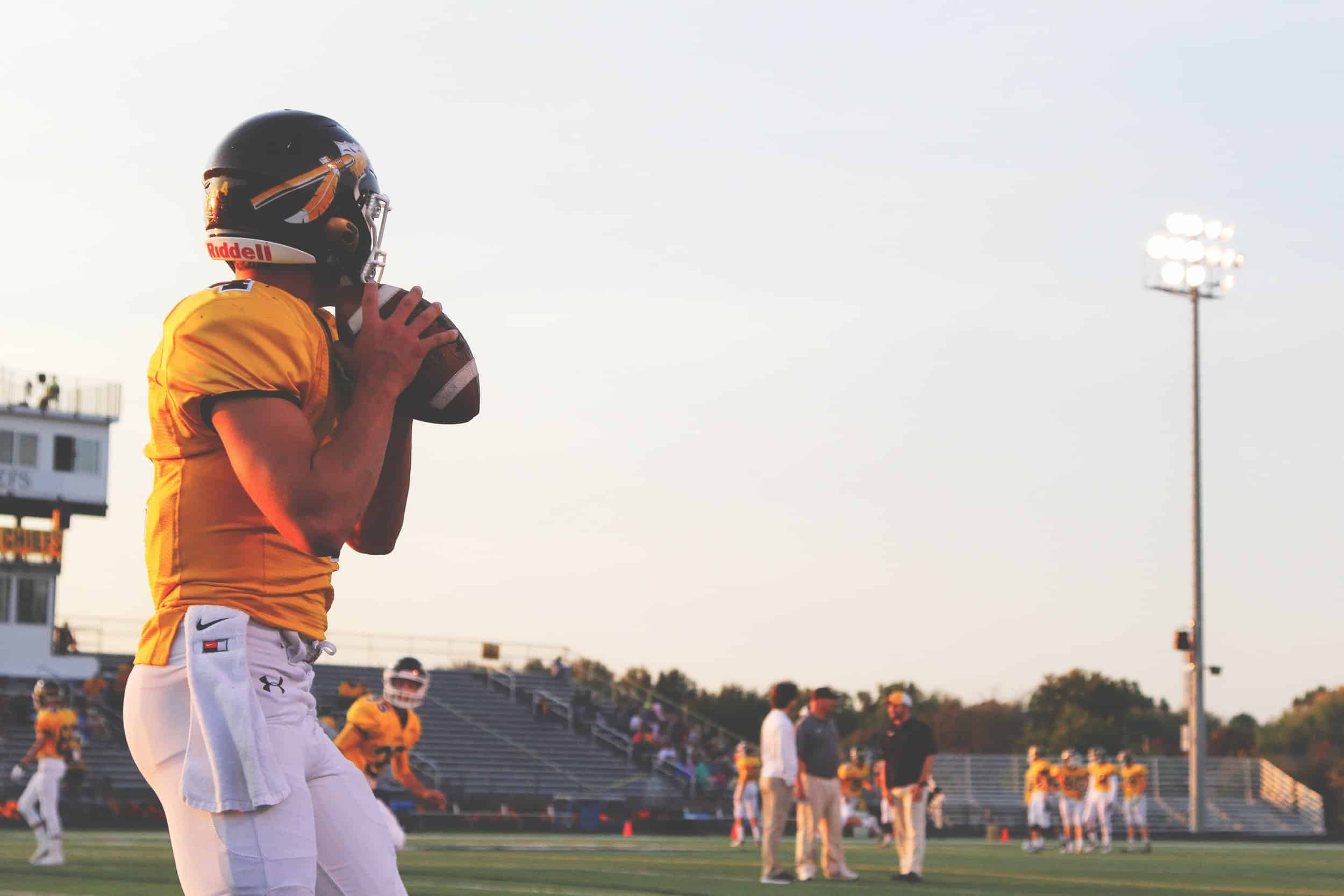
To pay, or not to pay student-athletes: that is the question
Kasie Thomas, Staff Writer
Photo courtesy of Unsplash.com
The concept of paying student-athletes in anything other than scholarship money has usually been frowned upon, until now. The pay-to-play NCAA rule forbid student-athletes to accept money from outside organizations, but in the state of California, people have begun to think a different way.
Legislators in California created the Fair Pay to Play Act and after being greatly supported by the Senate, the bill was passed. Now, student-athletes at California universities can receive checks for their name, likeness, and image. While going against NCAA bylaws, California also raised the question across the country, to pay the athletes or not to pay the athletes?
As this question rings through the ears of student-athletes, their families, coaches, and even some professionals, people are creating their own opinions. Professionals such as Lebron James are taking to twitter in support of paying the athletes, saying “This law is a game changer” opening up the idea that paying student-athletes would create a positive effect; giving athletes in Division One schools money in their pockets and encouragement to work harder.
Furman University, a Division I school, football player Darius Kearse expresses “that the NCAA should pay the players, considering how much money they make off student-athletes every year.” Having a love for the game at a young age, Darius had no problem dedicating time too long hour practices, film watching, and workouts, spending at the least “20 plus hours a week focused on football.” Also, believing that with the money being made through the school’s athletic programs, paying the athletes would be “helpful for the athletes that come from a low-income background.”
A few hours up the road in North Carolina, Appalachian State, a Division I school, senior football player Josh Thomas also agrees with the idea of paying student-athletes. At the age of 5, Thomas knew that football was what he wanted to do, so coming into college and dedicating “30-35 hours a week” to football was just apart of life. Josh still believing that through all the “lifts, practices, meetings, and other things” athletes should receive some kind of stipend. He states that, “Athletes just want the ability to make money just like any other college student.” While college’s atmosphere and academics generally play a role in college decisions, Thomas claims that athletes still, “just want the same opportunity instead of saying education is enough when in reality it’s not. Football drives revenue for more schools.”
With all the supporters behind paying student-athletes, some disagree, believing that this notion is a set up for failure and would create an unfair recruiting field. Tim Tebow is one voice that stands out among the crowd, trying to express that the “NFL is where it’s about the money” and not in college. Tebow stresses the fact that paying student-athletes would change the college football culture “from ‘us’ from ‘we’ from ‘my university'” to an atmosphere where “it’s not about we, it’s about me.” This emphasized the burden put on smaller schools and the fading differences between college football and the NFL.
Sitting down with Alex Thomas, former safety for the Auburn Tigers in college and the Indianapolis Colts in the NFL, he truly believes this law could have a positive but also a negative effect on many people. Focused on football from a young age, Thomas truly dove into the college football receiving multiple D1 offers.
Alex Thomas watched the recruiting world change over time, especially through, “The internet with Twitter, Instagram and Huddle” but these changes were nothing compared to the idea of paying student-athletes. Once in college, Thomas remembers having “4 practices in one day… each practice being 2 ½ – 3 hours and even practices on Saturdays.” Football was the constant focal point spending “30 plus hours a week” committed to the sport.
Through all of those long hours, Thomas received only scholarship money. He expresses that athletes should be paid with all the time they put in but “to a certain extent.” Thomas says, “I don’t think these players should be getting 40 or 50 thousand- dollar salaries for their likeness and name.” He can recall friends from low-class families whose parents didn’t have money to send them for little things like laundry, dinner outside of the dining hall, fun activities, or a ride home. Thomas states “I’m not saying give them a salary, but give them money to enjoy.”
As California spearheads the act of paying collegiate student-athletes, they look to other states to follow. This allowing the state’s decision to change the recruiting process and collegiate athlete world forever. Will they follow?
Editor’s Note: Alex Thomas is the father of staff writer Kasie Thomas.

